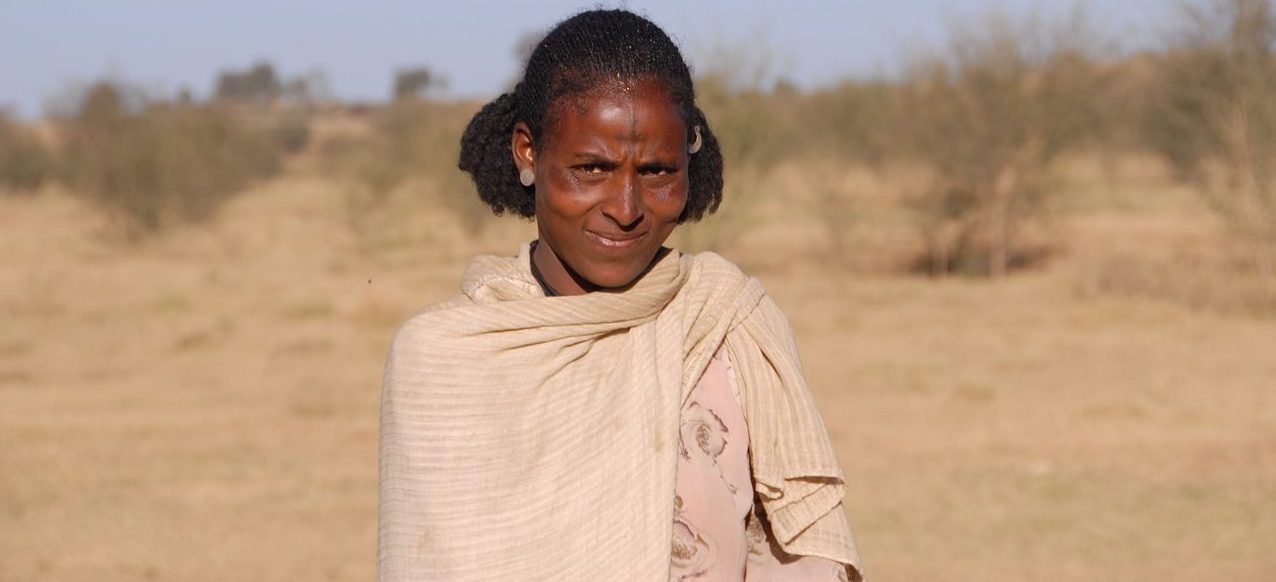Collaboration between Ethiopia and China in maintaining the former country’s public health is traced back at least as far as 1974. That year, Dr. Mei Gengnian arrived in Ethiopia leading the first Chinese medical aid team assigned there. As of 2018, Chinese medical personnel have treated about 220 million patients in 48 African countries since 1963. Ethiopia and China’s public health relationship is but one part of this decades-long effort to bring medical aid across the continent.
At present, Mei’s legacy continues to positively impact the communities in the western Ethiopian city of Jimma, where he worked until his death in a car accident in 1975. Guarding and cleaning Mei’s tomb, located in the China Tomb Village of Jimma, is a tradition voluntarily passed between generations of chosen Jimma locals. Mei’s foundation also continues to provide the Mei Gengnian scholarship for medical students at the Jimma University. In April 2018, a new road was built in Jimma and the China Tomb Village – as “a clear manifestation of the historic Ethiopia-China friendly relations,” says Tan Jian, Chinese ambassador to Ethiopia. The road was named after Mei and financed by the Chinese government.
Image Source: Bartosz Hadyniak
Other Chinese doctors to Ethiopia have legacies of their own. Lin Xiaojun’s family is one of several others who have been giving medical aid in Africa for three generations. At the time of this article, Lin is part of the 29th group of Chinese teams to Tanzania’s semi-autonomous archipelago Zanzibar, where her mother-in-law and mother-in-law’s uncle previously worked within Chinese medical teams. “Working in Zanzibar as a medical team member is kind of a family tradition,” says Lin.
In China’s efforts to maintain and improve public health across Africa, they have shown an aptitude for acting to save victims of more widespread health emergencies. When the Ebola outbreak devastated West Africa in 2014, China quickly sent over 1000 medical workers and communicable disease experts to Guinea, Sierra Leone, and Liberia. China’s decision stood out in contrast to some countries that instead focused mainly on evacuating their own citizens from areas affected by Ebola.
Image Source: Asia-Pacific Images Studio
“We are willing to help improve the health of our African friends, as well as the capacity of our African colleagues, so as to help carry on the China-Africa friendship forever,” says Beijing obstetrician Zhang Lei, who helped local hospitals in Conakry, Guinea figure out what they needed to advance maternity care and childbirth safety.
Feature Image Source: Uskadaniela










